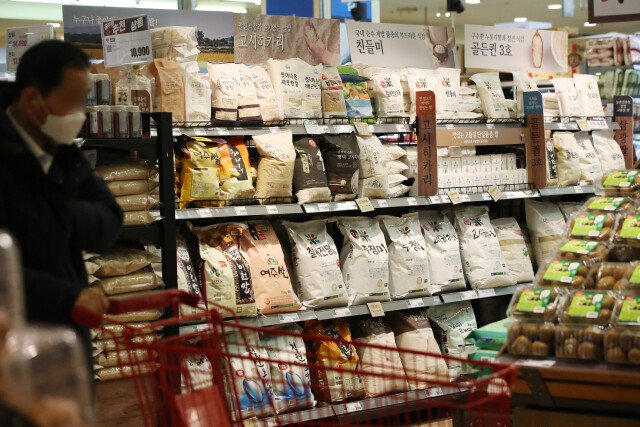
Rome, Italy – The Food and Agriculture Organization of the United Nations (FAO) reported on [Date] that the global food price index climbed to its highest level in 19 months, reaching 127.5 points in [Month]. This represents a 0.5% increase from the previous month. The index, which uses 2014-2016 as a baseline of 100, indicates that the cost of a basket of food commodities has risen significantly.
Breakdown by Commodity Group While overall food prices have risen, the FAO noted a mixed performance across various commodity groups.
Vegetable Oils: Prices surged by 7.5%, with the index reaching 164.1 points. Palm oil prices were driven higher by concerns over reduced production in Southeast Asia due to adverse weather conditions. Soybean oil prices also increased due to rising global import demand, while sunflower and rapeseed oil prices reflected anticipated supply shortages.
Dairy: The dairy price index gained 0.6% to 139.9 points. Butter, cheese, and particularly milk powder prices were supported by increased demand and lower milk production in Western Europe.
Cereals: The cereal price index declined by 2.7% to 111.4 points. Wheat prices were pulled down by larger harvests in the Southern Hemisphere, improved crop conditions in major Northern Hemisphere exporting countries, and weaker global demand. Rice prices also fell due to harvest pressure, currency depreciations against the US dollar, and ample export availabilities.
Sugar: The sugar price index decreased by 2.4% to 126.4 points. Prices were pressured by the start of the harvest seasons in India and Thailand, as well as easing concerns over Brazil's production prospects for the coming year.
Meat: The meat price index edged down 0.8% to 118.1 points. Pork prices were pulled lower by oversupply and weak demand in the European Union, while poultry prices declined due to increased production in major exporting regions.
Driving Factors Several factors contributed to the overall increase in global food prices, including adverse weather conditions affecting crop production in key regions, supply chain disruptions, and rising energy costs. Additionally, increased demand for certain commodities, particularly vegetable oils and dairy products, played a role in pushing prices higher.
Implications The rise in global food prices could have significant implications for food security, particularly in developing countries that are heavily reliant on food imports. Higher food prices can exacerbate poverty, hunger, and malnutrition. Policymakers and international organizations are closely monitoring the situation and may need to take steps to mitigate the impact of rising food costs.
[Copyright (c) Global Economic Times. All Rights Reserved.]






























